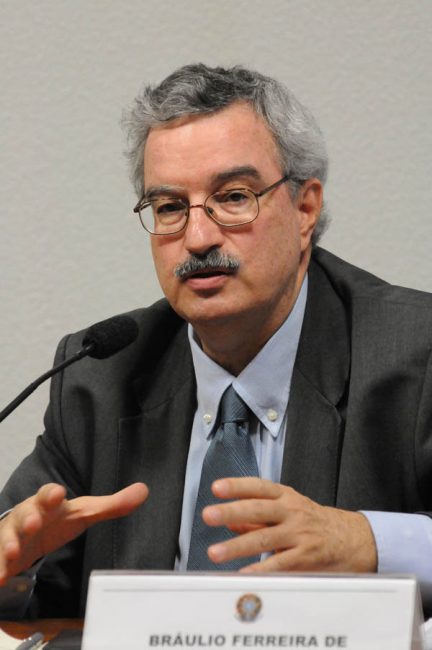Belgium and Bulgaria have become the latest countries to ratify the Nagoya Protocol on Access to Genetic Resources and the Fair and Equitable Sharing of Benefits Arising from their Utilisation to the Convention on Biological Diversity (CBD), bringing the total number of ratifications to 80.

The 2010 Nagoya Protocol is a supplementary agreement to the CBD and a key element in the global framework for sustainable development. The Protocol builds on the access and benefit-sharing provisions of the CBD by establishing predictable conditions for access to genetic resources and by helping to ensure the fair and equitable sharing of benefits arising from the utilisation of these resources. It entered into force on 12 October 2014.
“I congratulate the governments of Belgium and Bulgaria on their recent ratification of the Nagoya Protocol, thereby demonstrating a strong pledge to the principle of fair and equitable benefit-sharing,” said Braulio Ferreira de Souza Dias, CBD Executive Secretary. “I encourage other countries to deposit their instruments of ratification or accession as soon as possible for us to reach our goal of 100 ratifications before the important meetings of the Convention and its Protocols to be held in Mexico later this year.”
Both countries ratified the Protocol a week ago – Belgium on 9 August 2016, Bulgaria on 11 August 2016.
As Parties to the Protocol, Belgium and Bulgaria will be able to contribute to key decision-making at the Second meeting of the Conference of the Parties serving as the meeting of the Parties to the Nagoya Protocol on Access and Benefit-sharing, being held in Cancun, Mexico, from 4 to 17 December 2016.
Genetic resources are used in research and development for many different purposes in the European Union (EU). When benefits are derived from the utilisation of genetic resources, the Nagoya Protocol provides that these should be shared fairly and equitably with the providing country.
In addition to the EU, 10 European countries have now ratified the Nagoya Protocol: Belgium, Bulgaria, Croatia, Czech Republic, Denmark, Finland, Germany, Slovakia, Spain and the United Kingdom of Great Britain and Northern Ireland.
The CBD, an international treaty for the conservation of biodiversity, the sustainable use of the components of biodiversity and the equitable sharing of the benefits derived from the use of genetic resources, opened for signature at the Earth Summit in Rio de Janeiro in 1992, and entered into force in December 1993.
The Cartagena Protocol on Biosafety and the Nagoya Protocol on Access and Benefit Sharing are supplementary agreements to the Convention. The Cartagena Protocol, which entered into force on 11 September 2003, seeks to protect biological diversity from the potential risks posed by living modified organisms resulting from modern biotechnology. To date, 170 Parties have ratified the Cartagena Protocol.
The Nagoya Protocol aims at sharing the benefits arising from the utilisation of genetic resources in a fair and equitable way, including by appropriate access to genetic resources and by appropriate transfer of relevant technologies. It entered into force on 12 October 2014 and to date has been ratified by 80 Parties.
